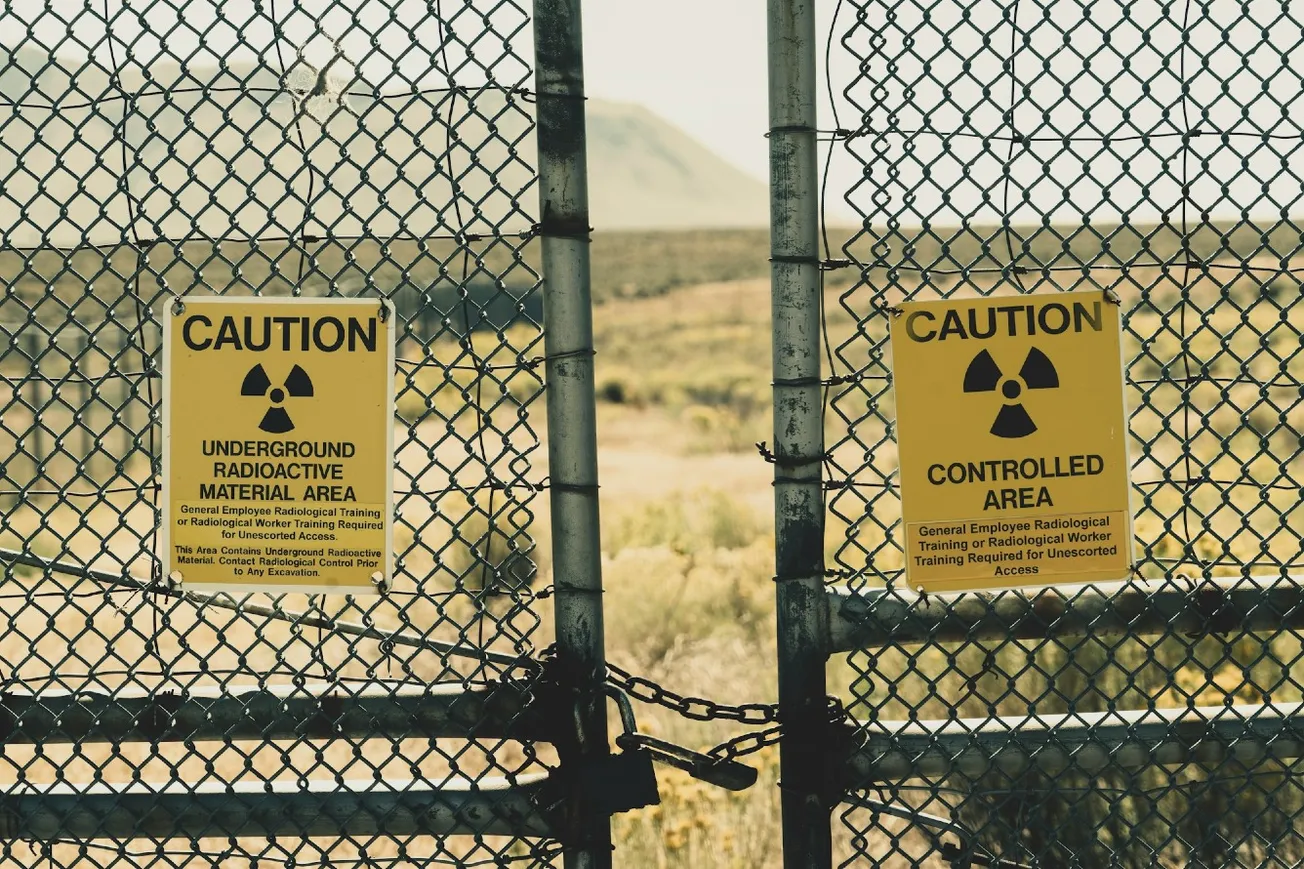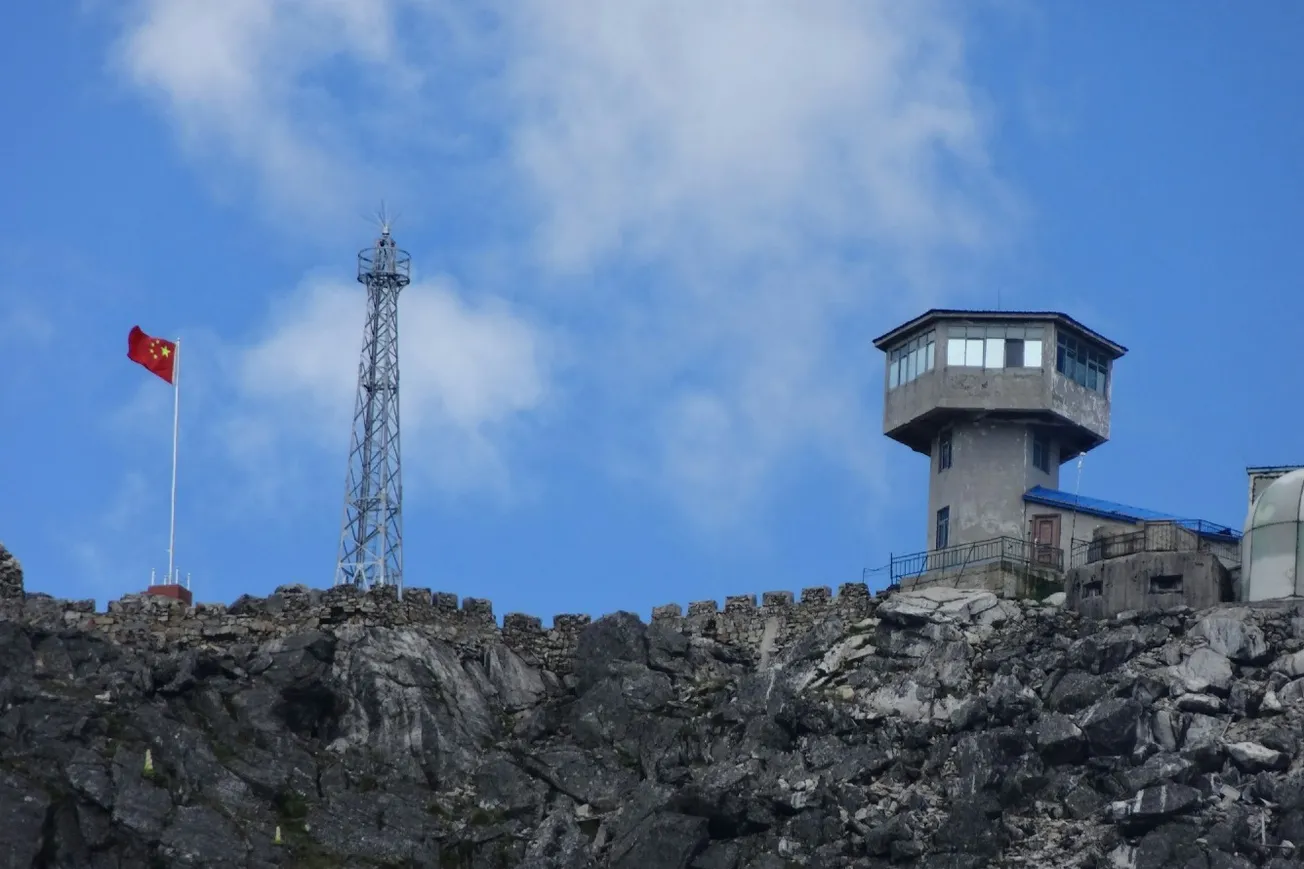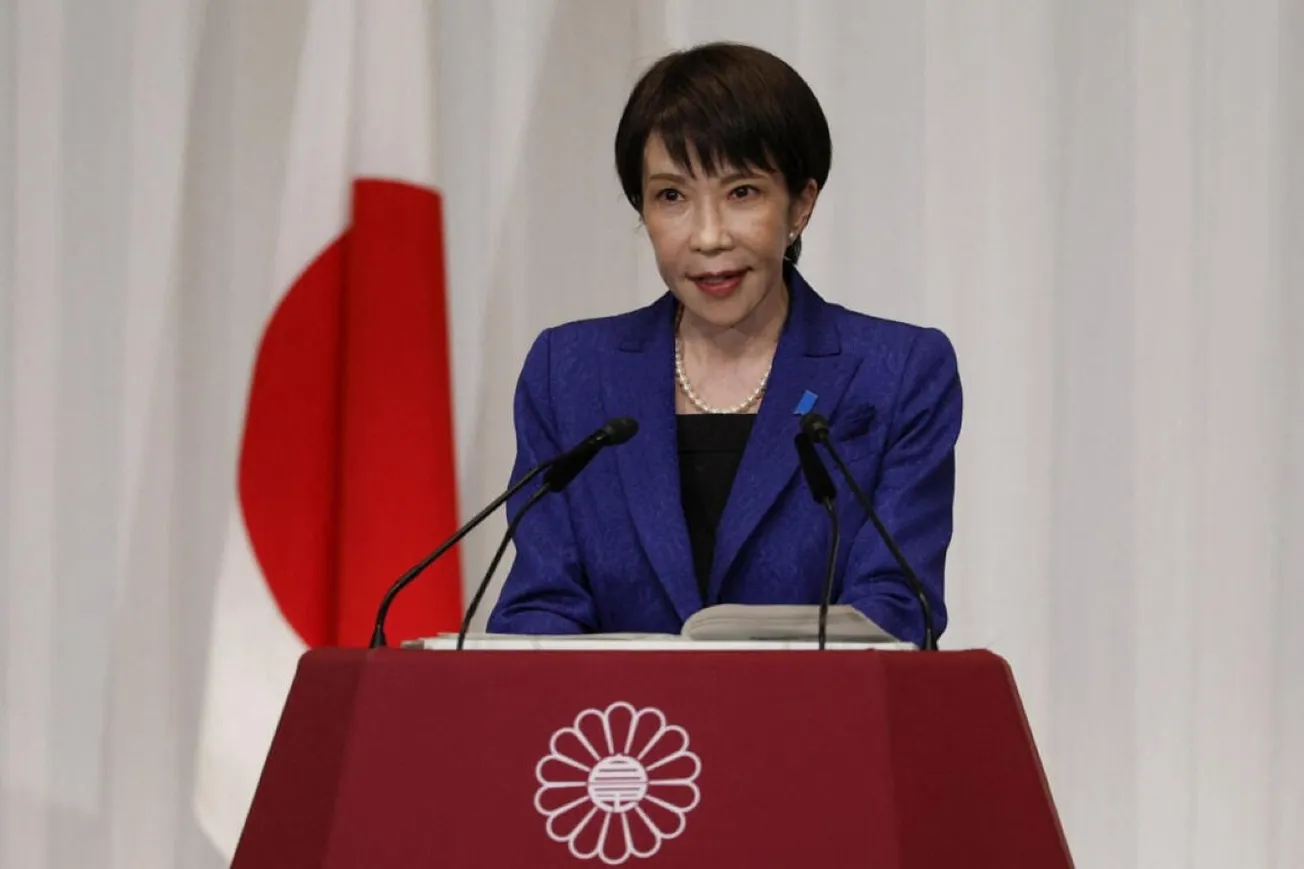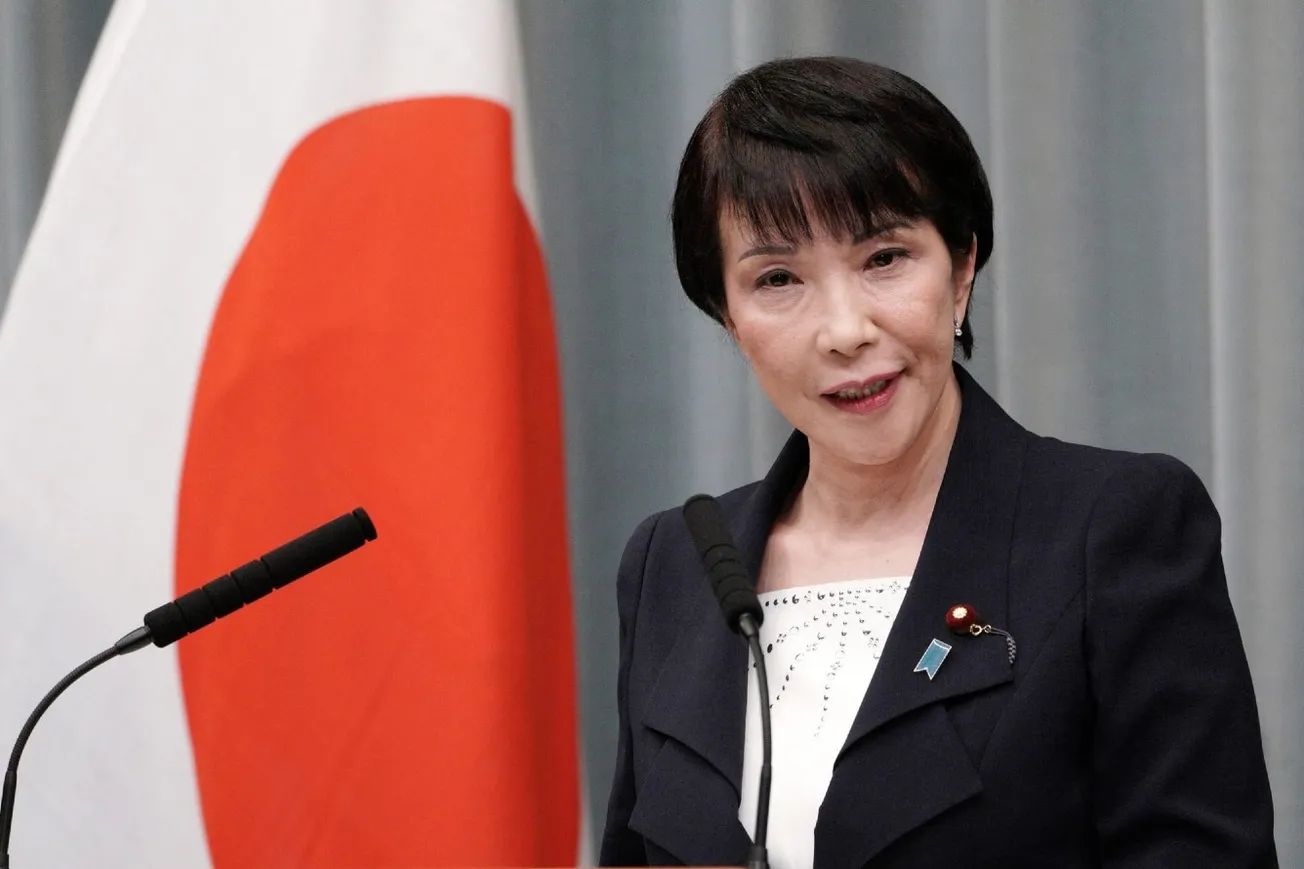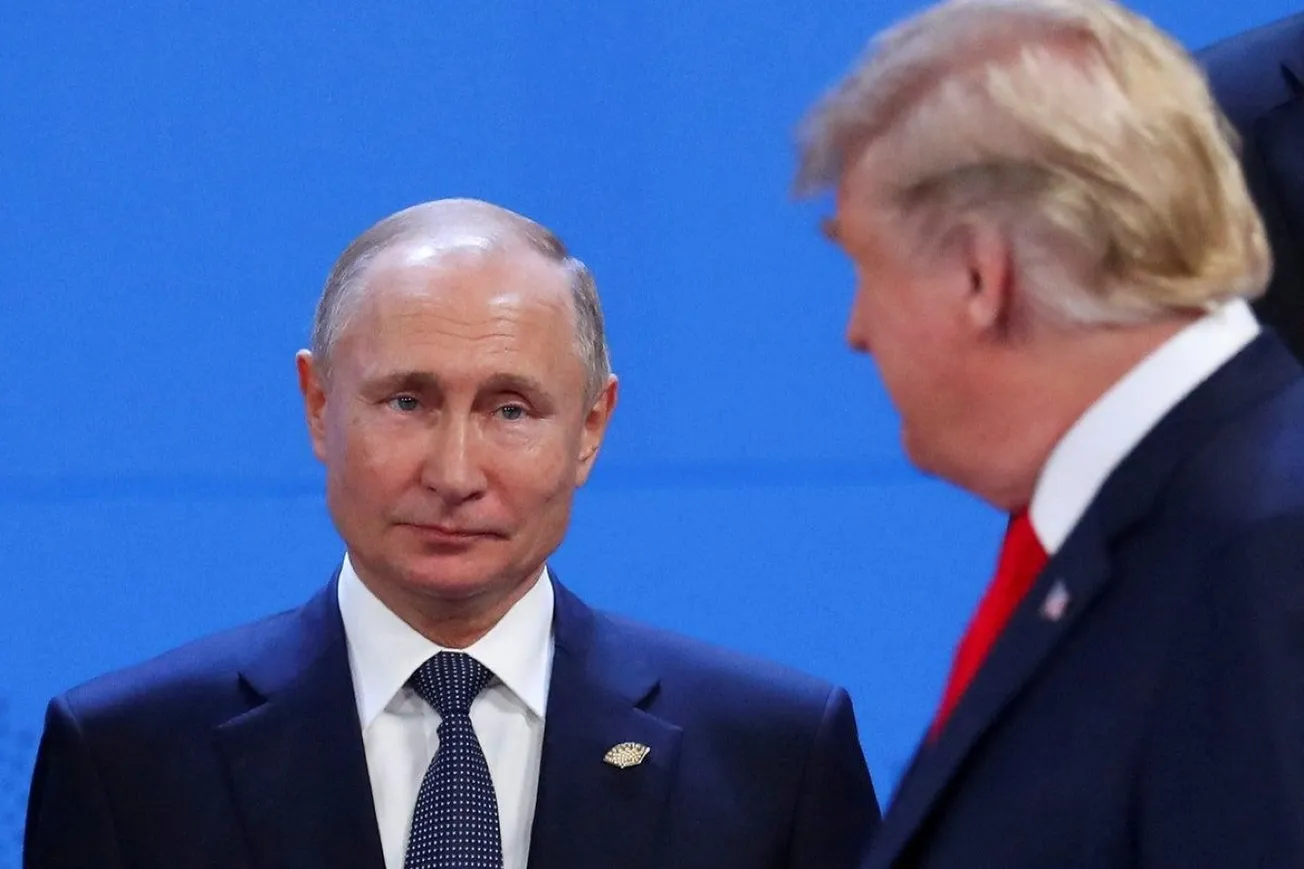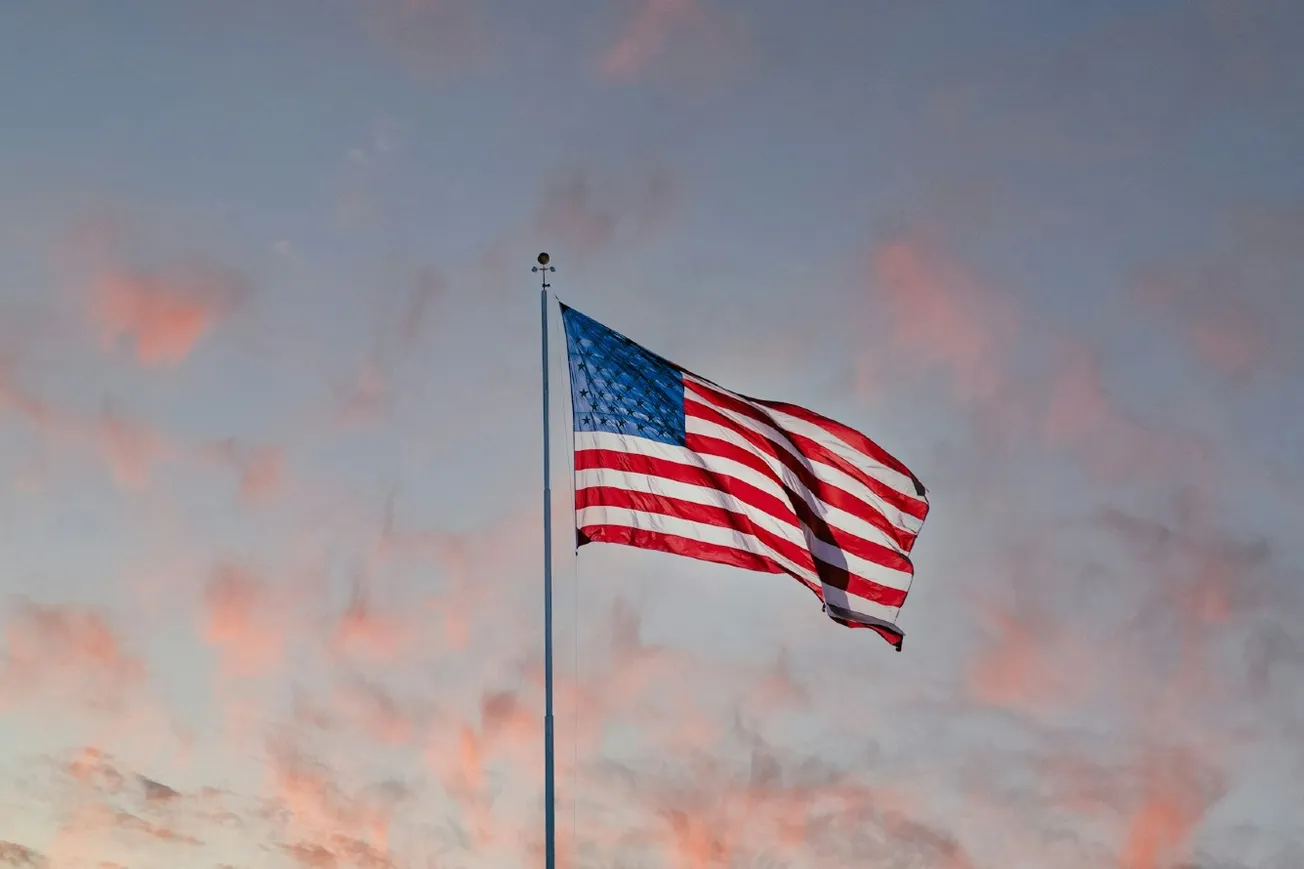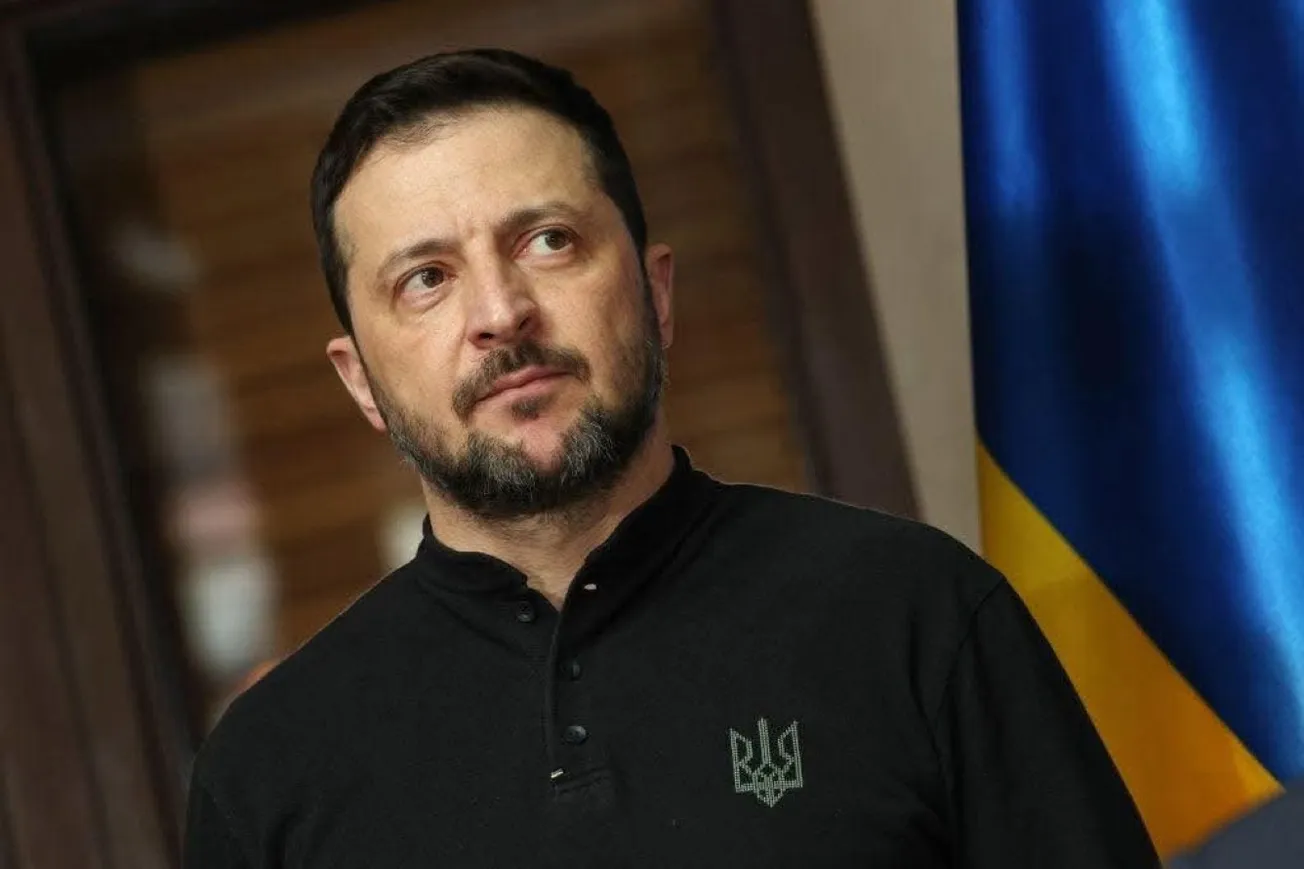By Philip Lenczycki via The Daily Caller News Foundation | June 17, 2023
A Chinese intelligence agency quietly operates “service centers” in seven American cities, all of which have had contact with Beijing’s national police authority, according to state media reports and government records reviewed by the Daily Caller News Foundation.
The Chinese Communist Party’s (CCP) United Front Work Department (UFWD) — which at least one U.S. government commission has characterized as a “Chinese intelligence service” — operates so-called “Overseas Chinese Service Centers” (OCSCs) that are housed within various U.S.-based nonprofits. OCSCs were ostensibly set up to promote Chinese culture and assist Chinese citizens living abroad, according to Chinese government records.
State media reports, Chinese government records and social media posts show that during a 2018 trip to China, U.S.-based OCSC representatives met with Ministry of Public Security (MPS) officials. During the meeting, state security officials demonstrated how they’re leveraging new technology to conduct “cross-border remote justice services” overseas.
MPS is China’s national police authority and has been referred to as “China’s FBI” by China experts. The U.S. Department of Justice (DOJ) says MPS also conducts covert “intelligence and national security operations far beyond China’s borders,” including “illicit, transnational repression schemes” on U.S. soil.
In April 2023, the DOJ charged two men for allegedly opening a secret police station in New York on behalf of MPS in order to “monitor and intimidate dissidents” and others critical of China.
There’s no evidence U.S.-based service centers operate as, or house, secret police stations, and the DOJ has yet to mention these entities in any statements or legal filings. Nonetheless, OCSCs’ association with China’s United Front system and contact with MPS raised red flags for legal and intelligence experts.
“The national security threat is real,” Will Mackie, a career federal prosecutor and former trial attorney for the counterintelligence section of the DOJ’s National Security Division, told the DCNF.
“Simply put, we should know which foreign government agents — including ‘unofficial’ actors — are operating in our country for whatever reason,” Mackie said, adding that American nonprofits performing Chinese governmental duties is “inconsistent” with diplomatic protocol, if not “illegal.”
After an extensive review of Chinese government and state-run media reports, the DCNF identified OCSC branches in San Francisco, California; Houston, Texas; Omaha, Nebraska; St. Paul, Minnesota; Salt Lake City, Utah; St. Louis, Missouri and Charlotte, North Carolina.
GOP lawmakers expressed serious concern over OCSCs operating within the U.S.
“These centers aren’t there to help people get a business license or help resolve a domestic dispute,” Utah Republican Rep. Chris Stewart, a member of the House Permanent Select Committee on Intelligence, told the DCNF. “They’re here to pressure, to use coercion and to use malicious influence.”
Tennessee Republican Sen. Marsha Blackburn told the DCNF it was a “direct violation of our nation’s sovereignty” for the CCP to “set up shop on our soil to threaten, surveil and kidnap Chinese American citizens with a dissenting opinion.”
‘Eight Great Plans’
The “service centers” are at the heart of a larger CCP global influence strategy known as “The Eight Great Plans For Benefiting Overseas Chinese,” which was first announced during a 2014 speech by Qiu Yuanping, then the director of the Chinese government’s Overseas Chinese Affairs Office.
According to Chinese government documents and reports from China experts, the UFWD took control of the Overseas Chinese Affairs Office in 2018. The U.S.-China Economic Security and Review Commission describes the UFWD as the CCP organ “responsible for coordinating [foreign and domestic] influence operations” as well as a “Chinese intelligence service.”
UFWD’s “overseas Chinese work” aims to “co-opt ethnic Chinese individuals and communities living outside China, while a number of other key affiliated organizations guided by China’s broader United Front strategy conduct influence operations targeting foreign actors and states,” according to the commission.
The Overseas Chinese Affairs Office Director Chen Xu also serves as the UFWD’s deputy director, according to the Chinese government. Qiaowang reported Chen Xu spoke at a conference held in Beijing in May that included OCSC officials from around the world. The conference was jointly sponsored by the Overseas Chinese Affairs Office and the All-China Federation of Returned Overseas Chinese, a key united front group, according to China experts.
“In the next five years, relying on overseas Chinese organizations that have the public’s trust, we will guide and support the construction of Overseas Chinese Service Centers in cities where overseas Chinese are concentrated and where there’s an urgent need for constructing harmonious overseas Chinese communities,” Qiu Yuanping said in her 2014 speech.
Shortly thereafter, the Overseas Chinese Affairs Office provided the initial funding to establish OCSC branches around the world and tasked them with a variety of seemingly mundane duties in support of China’s foreign ministry, according to Chinese state-run media and government reports. Duties range from processing Chinese passport and travel permit applications to so-called “consular protection” activities that include emergency, medical and disaster response work, according to reports.
Despite this directive, a Chinese Embassy spokesperson told the DCNF that the centers are simply formed by “warm-hearted” volunteers and have no “affiliation with any Chinese government agency.”
Since 2014, OCSCs have expanded to at least 60 locations worldwide, according to multiple reports from Qiaowang, a Chinese news service that acts as a propaganda arm for the Overseas Chinese Affairs Office.
Qiaowang reports also reveal the Overseas Chinese Affairs Office’s efforts to establish service centers in at least seven U.S. cities.
In September 2014, the Overseas Chinese Affairs Office held the first of four annual awards ceremonies in Beijing for OCSC branches, according to Qiaowang. During the ceremony, the Chinese American Association of Commerce in San Francisco, California was announced as the first U.S. OCSC branch, Qiaowang reported.
The Overseas Chinese Affairs Office announced in 2015 the Chinese Civic Center in Houston, Texas, would also house an OCSC, a Chinese state-run media outlet reported. Qiu Yuanping personally attended the grand opening of the Houston OCSC in February 2016, according to the Chinese government.
In September 2016, the Overseas Chinese Affairs Office unveiled more OCSC locations, including one in Omaha, Nebraska, Qiaowang reported. The Omaha OCSC is housed within the Nebraska Chinese Association, according to Qiaowang.
The Overseas Chinese Affairs Office also announced the Chinese American Association of Minnesota in St. Paul would house an OCSC branch in 2016. The group’s co-director received a commemorative plaque in October 2016, according to Qiaowang.
In September 2017, the Overseas Chinese Affairs Office announced the final batch of service centers, including one in Salt Lake City, Utah, according to Qiaowang. The Salt Lake City OCSC is located within the Utah Chinese Civic Center, according to the group’s website. The Utah Chinese Civic Center’s website also states that it hosts an OCSC that’s “licensed” by the Overseas Chinese Affairs Office.
The Overseas Chinese Affairs Office also established an OCSC in St. Louis, Missouri, according to Qiaowang. The St. Louis service center is located within the Chinese Education and Culture Center, and a top Chinese consulate official from Chicago attended the branch’s opening ceremony, according to the consulate’s website.
The final U.S. OCSC location announced during the 2017 ceremony was in Charlotte, North Carolina, according to Qiaowang. The Charlotte OCSC is housed within the Carolinas Chinese Chamber of Commerce, according to a report from Qiaowang.
The Chinese American Association of Commerce, the Chinese Civic Center in Utah, the Chinese American Association of Minnesota and the St. Louis Chinese Education and Culture Center did not respond to multiple requests for comment.
A receptionist at Houston’s Chinese Civic Center confirmed the organization hosted a “Chinese service center” in a phone call with the DCNF. Similarly, a woman who only identified herself as an “associate” of the Nebraska Chinese Association confirmed the organization housed a “Chinese center” while speaking with the DCNF.
When the DCNF called the Carolinas Chinese Chamber of Commerce, a man who identified himself as a “founding member” of the Charlotte “Chinese service center” answered the phone. He confirmed the service center was housed within the Charlotte-based nonprofit.
‘Overseas Chinese Police Contact Points’
Chinese government records and state-run media reports reveal that U.S.-based OCSC representatives met with officials from China’s Ministry of Public Security. The FBI has accused the ministry of conducting “transnational repression” schemes in the U.S. targeting Chinese dissidents and human rights activists.
MPS’ most notorious transnational repression scheme is operation Fox Hunt. The operation uses “unsanctioned, unilateral and illegal practices, including coercion, extortion and intimidation” to “forcibly repatriate” alleged Chinese criminals living overseas, according to a 2020 DOJ complaint.
Between 2014 and 2018, the Overseas Chinese Affairs Office sponsored a series of China trips for OCSC officials, according to Chinese government and state-run media reports. During these visits, participants frequently discussed how OCSC branches could assist Chinese law enforcement while abroad.
The Overseas Chinese Affairs Office convened an OCSC conference in Beijing in January 2018 that featured multiple work meetings across China focused on international law enforcement, according to multiple Chinese state media reports.
Representatives from all seven of the U.S.-based OCSCs attended the Beijing conference, according to multiple reports from the conference and photos reviewed by the DCNF.
In Beijing, the Overseas Chinese Affairs Office head Qiu Yuanping announced that improving “legal services” and developing an “online platform” would be among her organization’s annual goals, Qiaowang reported.
On the third day of the conference, OCSC representatives traveled to Zhejiang province and met with MPS officials at a police station that serves as the nerve center for multiple “Overseas Chinese Police Contact Points” around the world. Representatives from all seven U.S.-based OCSCs visited the Zhejiang police station, according to state media reports and government social media posts.
During the visit, OCSC officials posed for photos with uniformed MPS officers and participated in a series of demonstrations of an MPS-developed “internet + law enforcement” platform. The MPS platform provides “cross-border remote justice services for overseas Chinese,” according to China News Service and Qiaowang reports.
In one demonstration, the Zhejiang police station used the MPS platform to contact “special duty police officers” in Milan, Italy, according to Chinese government social media posts. These “special duty police officers” then delivered a report on their operations to the Overseas Chinese Affairs Office.
Following the video call, an Overseas Chinese Affairs Office official instructed OCSC representatives “to learn” from the police station’s “model” in order to “better provide for the well-being of overseas Chinese,” according to a Chinese government social media post.
The OCSC delegation also visited an “Extraterritorial Video Trial Court” specializing in domestic affairs, according to the Zhejiang court’s social media account. OCSC representatives participated in an international video call with the court’s “Overseas Chinese Police Contact Point” in France, according to a report from a United Front organization.
During this call, police contact point officials in France — several of whom belong to an OCSC in Paris — explained how they used MPS technology to remotely handle legal matters such as divorces and property disputes, according to the United Front group.
The “Extraterritorial Video Trial Court” had “tried” 77 international cases and mediated 18 disputes using the virtual MPS platform, according to a January 2018 social media post from the court. The post did not elaborate on the specifics of any litigation or the enforcement of any international legal judgments.
After the court call, an Overseas Chinese Affairs Office official leading the OCSC delegation called on attendees to learn from the court’s experience and build a global internet legal service to realize “the Chinese people’s dream,” the court reported.
It’s unknown whether or not U.S. service centers now utilize any of the technology showcased during their visit with MPS officials, but details of the trip alarmed national security experts who spoke with the DCNF.
“This is the internationalization of monitoring and control,” said Steve Yates, former deputy national security adviser to former vice president Dick Cheney. “An organized government effort to extend sovereign government operations internationally — and to use charitable and affinity organizations as the cover through which to engage in espionage and police activity — crosses a pretty significant line.”
Chinese government and state-run media reports indicate that OCSC branches outside the U.S. often perform law enforcement functions, including by serving as MPS “Overseas Chinese Police Contact Points” and conducting “armed patrols” in a number of countries, such as South Africa.
Several OCSC branches outside the U.S. also house MPS police stations from Fuzhou province, such as Dublin, Ireland’s OCSC, according to its social media account. The Dublin OCSC said its office is designed to assist Chinese nationals with government services, including issuing overseas ID card renewals and conducting physical exams for driver’s licenses.
There is, however, no evidence that U.S.-based service centers host MPS police stations like the one the FBI raided in New York City last year.
Texas Republic Rep. Morgan Luttrell, who is a member of the Subcommittee on Intelligence and Special Operations, characterized the OCSC program as a “serious national security threat.”
“As the Chinese government uses every tool at its disposal to infiltrate the U.S. and grow its influence on the global stage, we must take bold action to counter the CCP’s malign activity,” Luttrell told the DCNF.
Original article link


